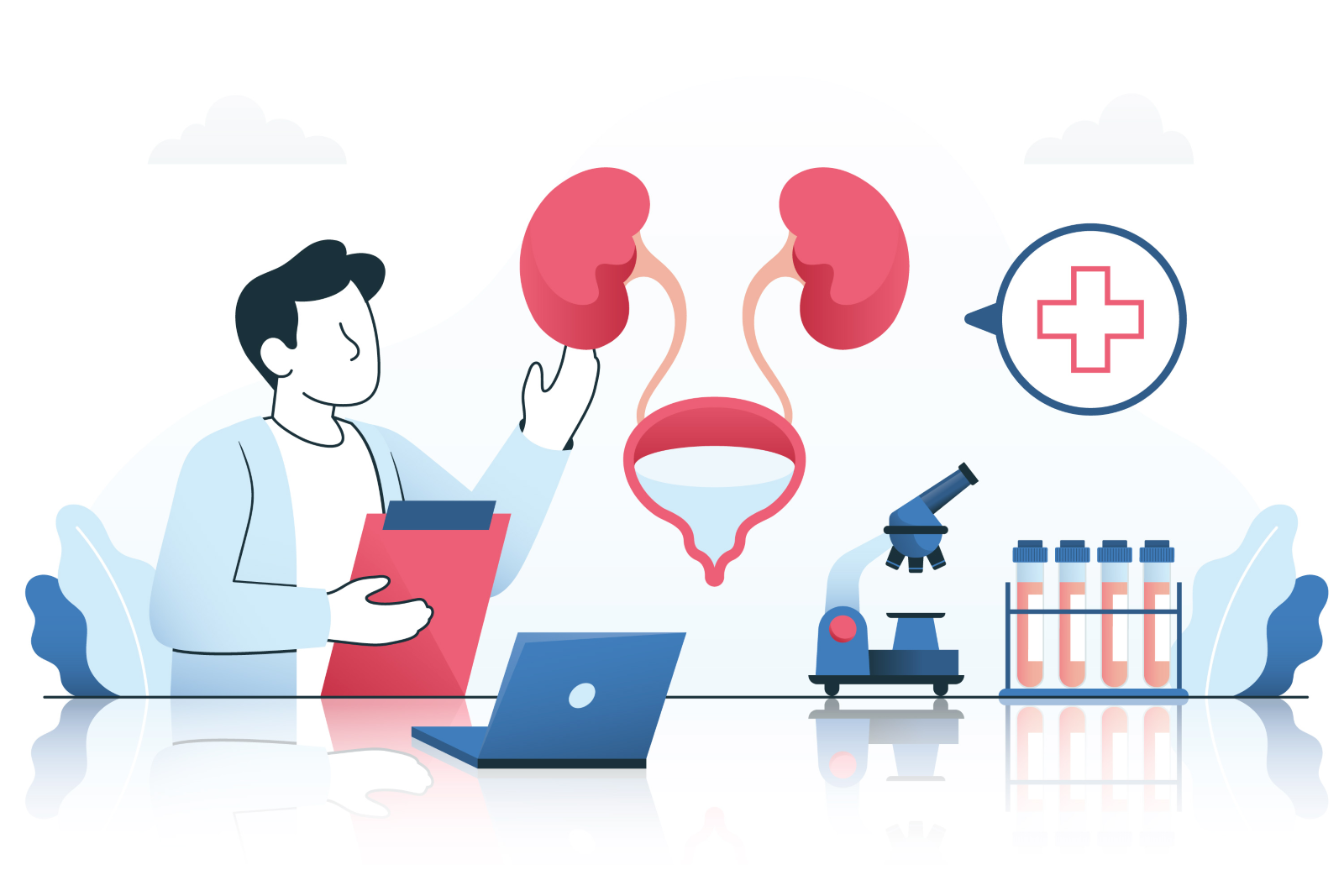Frequent urination can be alarming, leading many to wonder if it’s a sign of cancer. It’s crucial to understand that while this symptom could be notable, it doesn’t guarantee cancer. Specifically, when exploring urinary bladder cancer symptoms, frequent urination may appear, but it stands among many other possibilities. Tackling health concerns with professional medical advice ensures accurate diagnosis and treatment. By understanding both the benign and serious causes of frequent urination, we can navigate health concerns more effectively.
Understanding Bladder Cancer
Bladder cancer begins in the bladder, which stores urine in the body. It affects how we urinate and our overall health. A damaged bladder can struggle with urine, leading to issues. Imagine the bladder as a balloon; when it doesn’t work properly, you may face various symptoms bladder cancer related. Understanding these health dynamics is key. Information on bladder cancer is readily available now—no need for fancy words or medical talk here. Let’s keep it simple so anyone can grasp essential details without confusion.
Symptoms and Indicators of Bladder Cancer
Bladder cancer has several symptoms that need attention. Here are the common signs to watch out for:
- Blood in your pee, often looking pink or red.
- Feeling pain when you pee.
- Frequent urination, even at night.
Such urinary bladder cancer symptoms deserve attention. Still, none alone confirm cancer. Frequent urination is a worry when it’s sudden and persistent. If you notice changes, it’s a red flag for further investigation. However, self-diagnosing can lead to stress. Always connect with a healthcare provider for accurate insights and actions.
Bladder Cancer vs. Other Conditions: Differentiating Symptoms
Daily life factors and other health conditions like urinary tract infections (UTIs) can also cause frequent urination. Factors like high fluid intake, caffeine, or infections may be culprits. Thus, distinguishing these from signs and symptoms bladder cancer is tricky but necessary. When visiting your doctor, share relevant lifestyle details—it helps in diagnosis. Clarifying these symptom intersections eliminates misconceptions and reduces fear. Understanding the diversity of symptoms helps us better gauge our bodily changes.
Importance of Early Detection & Screening
Finding bladder cancer early changes everything. Early diagnosis leads to more effective treatment. People at high risk should seek regular screenings. Screenings help catch cancer when it’s easier to handle, potentially improving outcomes. Screenings involve simple tests under professional care, offering insights into bladder health. Acting swiftly at early warning signs promises a brighter health forecast.
Bladder Cancer in India
In India, bladder cancer affects many lives. The numbers tell a story of frequent cases yet improving survival rates due to awareness and advancements. It’s vital to compare these with global statistics to understand the scope better. Doing so ensures a comprehensive view, helping in strategizing prevention measures and treatment plans efficiently.
When to Seek Medical Help & What to Expect
Knowing when to visit a doctor is crucial. If you notice persistent signs like blood in urine or constant pain during urination, seek help. Your doctor will conduct tests to identify the cause. Initial consultations include a conversation about your symptoms and medical history. Tests could include urine tests or bladder scans. Understanding bladder cancer signs in men and symptoms of bladder cancer in women guides towards a proper pathway. Cooperation and openness lead to better outcomes.
Treatment Options for Bladder Cancer Explained
Bladder cancer treatment varies. Common strategies include:
- Surgery to remove the cancerous part.
- Chemotherapy using medicine to kill cancer cells.
- Immunotherapy which helps your body fight back.
Choosing a treatment depends on the cancer stage and personal needs. Doctors help tailor a plan based on your situation. Personalized approaches ensure the best chance for recovery, respecting both medical and personal aspects.
Debunking Bladder Cancer Myths
Myths create unnecessary fear around bladder cancer. No, not everyone with frequent urination has it. Knowing factual details debunks these myths. Sticking to evidence-based facts builds confidence and eases anxiety.
Support Systems & Resources for Patients
Patients and families need support in their journey. In India, several groups offer resources to help. Having community and family support fosters better coping and recovery. Emphasizing support systems enhances healing, reinforcing hope and resilience.
Holistic and Preventive Measures to Reduce Bladder Cancer Risk
Prevention emphasizes a healthy lifestyle. Here’s how you manage risk: – Eat a balanced diet. – Exercise regularly. – Keep away from harmful habits like smoking. Preventive steps empower us to maintain control over our health.
Inspiring Personal Stories and Testimonials
Listening to those who overcame bladder cancer is inspiring. Stories from Indian survivors demonstrate courage and determination. These narratives encourage those facing similar challenges by spreading hope and resilience through lived experiences.
Conclusion
Understanding bladder cancer, from symptoms to treatment, helps manage concerns. If you notice signs of urinary tract cancer or any other unusual symptoms, see a healthcare professional. Be proactive with your health and engage in local community supports to stay informed. Encouraging early diagnosis and support spreads awareness, enabling better health outcomes for everyone.

